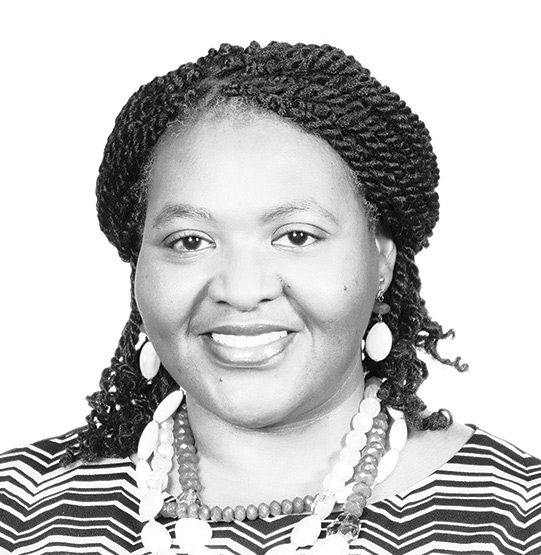After Michele (not her real name), a black student from the rural South, attended the first session of Felicia Mensah’s science methods course at Teachers College, she called home.
“I was like, ‘Dad, guess what? I’m taking a class with an African American professor!’” Michele later told Mensah. “She’s a woman.”

Felicia Mensah, Professor of Science & Education (Photo: TC Archives)
Mensah, Professor of Science & Education, considered Michele a rarity, too. “The significant decrease in the number of Black teachers has been so drastic that scholars have referred to them as an ‘endangered species,’” she writes in her paper, “Finding Voice and Passion: Critical Race Theory Methodology in Science Teacher Education,” published in February by the American Educational Research Journal.
“The educational landscape post-Brown [Brown v. Board of Education, the 1954 Supreme Court decision striking down school segregation] has not yet rebounded” from a “mass exodus” of black educators, including many who were fired.
The educational landscape post-Brown v. Board of Education has not yet rebounded” from a “mass exodus” of black educators, including many who were fired.
— Felicia Mensah, Professor of Science & Education
Mensah chronicles Michele’s journey from childhood through her first full-time appointment as a New York City elementary school teacher. She describes how Michele, “a darker complexion African American woman,” learns that beauty is associated with lighter skin tone; how she repeatedly experiences being “the only one” in all- or mostly white classrooms; and how white teachers classify her as learning disabled, telling her she hasn’t learned to apply herself “because of my skin.”
Michele is considering quitting teaching until Mensah introduces her to Critical Race Theory, which holds that race and racism are defining characteristics of American society and also in teacher education. Michele responds powerfully to what Mensah terms “the centrality of naming her own experience.” “I found my voice,” she later tells Mensah. “This is what caused me to stay in teaching.”
